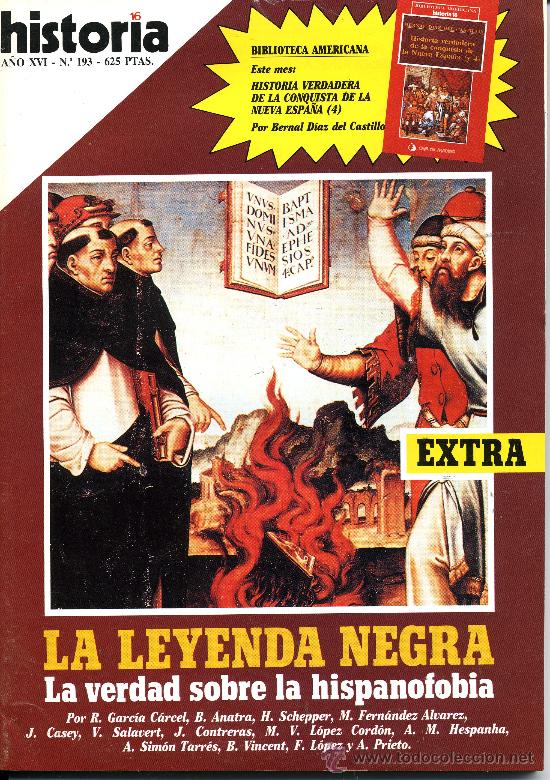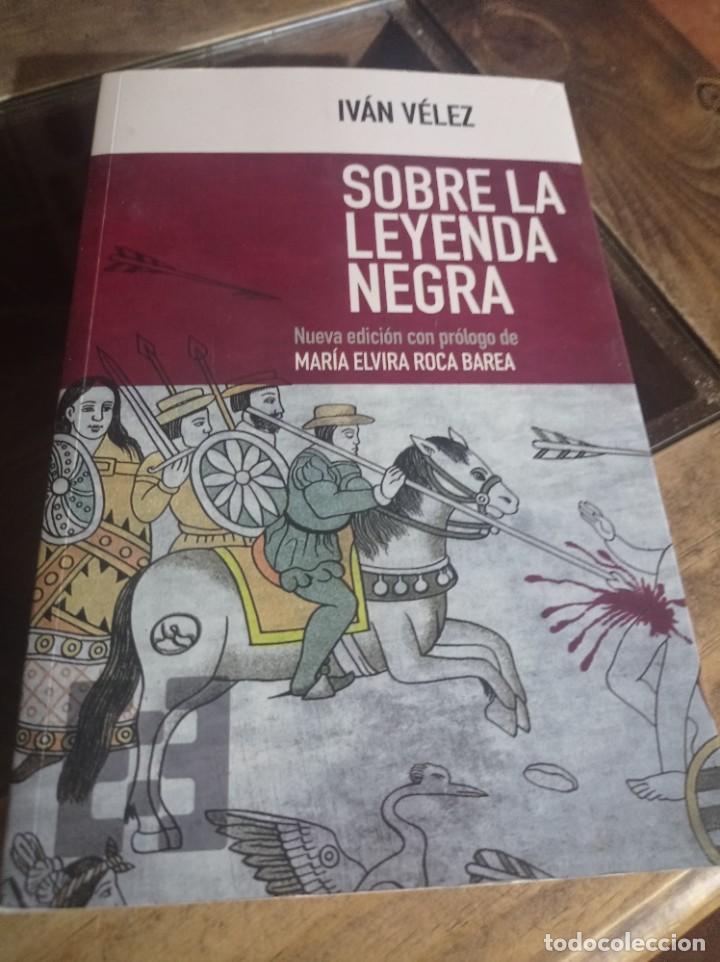


Since the 1990’s, the Colombian government has pursued an economic policy of market liberalization and privatization of public utilities. In this installment, we meet Jorge Iván Vélez Calvo, the Sindicato de las Empresas Municipales de Cali – SINTRAEMCALI (Municipal Workers Union of Cali), who received multiple death threats, including receiving an invitation to his own funeral in the mail (pictured below). Special thanks to the Washington Office on Latin America (WOLA) for bringing Jorge's case to our attention and arranging an interview. Our first “Sindicalistas” interview was with Óscar Arturo Orozco. We are grateful to the 21st Century ILGWU Heritage Fund for support for this interview series.

By sharing their stories we hope to shine a light on how violence and threats continue to undermine the fundamental right to freedom of association across Latin America, while also putting governments (and other actors) on notice that the world is watching.

The primary aims of the paper are to juxtapose Flaubert’s mentality models with those in The House of Ulloa, consider the specificity of the bovarist model as shown in the classic as well as to demonstrate that this peculiar take on the Emma Bovary syndrome enriches the symbolic dimension of the novel and represents the symptomatic state of mind of the Spanish at the end of the 19th century.Carrying forward USLEAP's long-standing focus on violence against trade unionists in Latin America, Sindicalistas bajo amenaza (“Trade unionists under threat”) highlights cases where urgent action is needed, gives updates on past cases, and features in-depth interviews with the brave men and women who continue to organize workers despite serious risks to their safety. The comparatist perspective of the present study required a closer look at some elements of the diegesis: space, customs represented by the secondary characters and the inner world of the main characters. Although some of its characters show direct affinity with the bovarist psychological model, this particular aspect of the novel –a masterpiece of the 19th century Spanish literature – has not yet been researched, even within the Spanish-speaking literary criticism. The House of Ulloa is considered the most significant work of Emilia Pardo Bazan, who is said to have introduced Zola’s naturalism into the Spanish narrative.


 0 kommentar(er)
0 kommentar(er)
